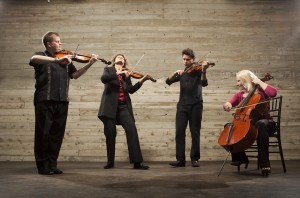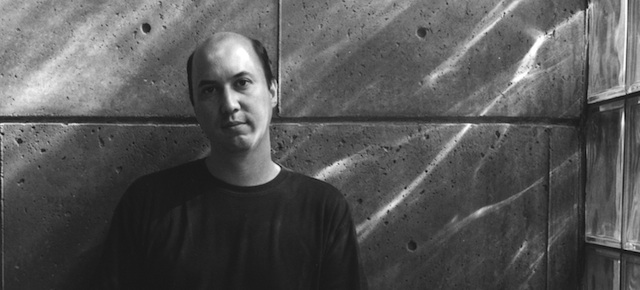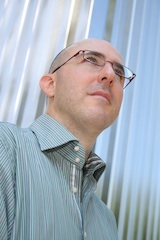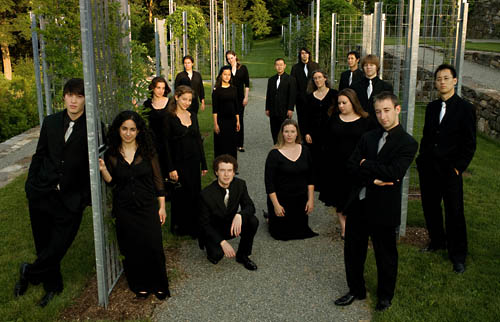Update (July 5, 2011): The Villiers Quartet has revised its guidelines for its new music competition. The most notable change is the age restriction, which has been raised to 35. Good luck!
London’s Villiers Quartet is seeking new works by composers under 35. If you’re an emerging composer looking for an international performance opportunity, check out the guidelines to have your work premiered next season by this exciting, young ensemble. I’ll let the ensemble’s first violinist, James Dickenson, explain: [youtube]http://www.youtube.com/watch?v=gJ9bzsWGJEQ[/youtube]
And here are their guidelines, which can also be found at the Villiers Quartet’s web site.
The 2012 Villiers Quartet New Works Competition
The Villiers Quartet seeks new compositions from young composers as part of its 2011-2012 concert season at St Andrew’s Church, Fulham Fields, London, UK. The concert season, which already consists of string quartets by Haydn, Mendelssohn, Delius, and Beethoven, will feature a competition open to an international field of new and upcoming composers.
Three finalists will be chosen via online voting and have their works performed in London by the Villiers Quartet on April 29th, 2012. The winner will be determined at the concert by audience vote. The winner will receive a prize of £500 and a studio recording of their piece, plus inclusion of their work into the Villiers Quartet repertoire for upcoming seasons.
Competition Requirements:
This competition is open to composers aged 35 and under as of January 5th, 2012.
All composition entries must be original and unpublished works written for string quartet instrumentation: 2 violins, 1 viola, 1 cello.
Compositions must be no longer than 20 minutes in length. You may write whatever form you want, and there is no limit to the number of movements. For instance, you might be inspired to write a one movement rhapsodic interlude. You might write a 20 movement work where each movement lasts one minute. Or you might follow the classical four-movement form as laid out by Haydn. The floor is wide open.
Deadline for submissions is January 5th, 2012. Submissions can be sent electronically, or by post. Applications sent by post must be postmarked no later than January 5th, 2012. Applications received or postmarked after this date may not be considered.
We encourage you to be creative and experimental. Most of all, we want to hear your music. For more information on competition guidelines, visit www.villiersquartet.com/2012competition.


 S21 Q + A w/ ETHEL:
S21 Q + A w/ ETHEL: Steve Reich turns 75 this coming October, and the celebrations have already begun. Later this month is a concert at Carnegie Hall on April 30th. It features the Kronos Quartet in a new piece commemorating a more sombre anniversary: WTC 9/11.
Steve Reich turns 75 this coming October, and the celebrations have already begun. Later this month is a concert at Carnegie Hall on April 30th. It features the Kronos Quartet in a new piece commemorating a more sombre anniversary: WTC 9/11.


